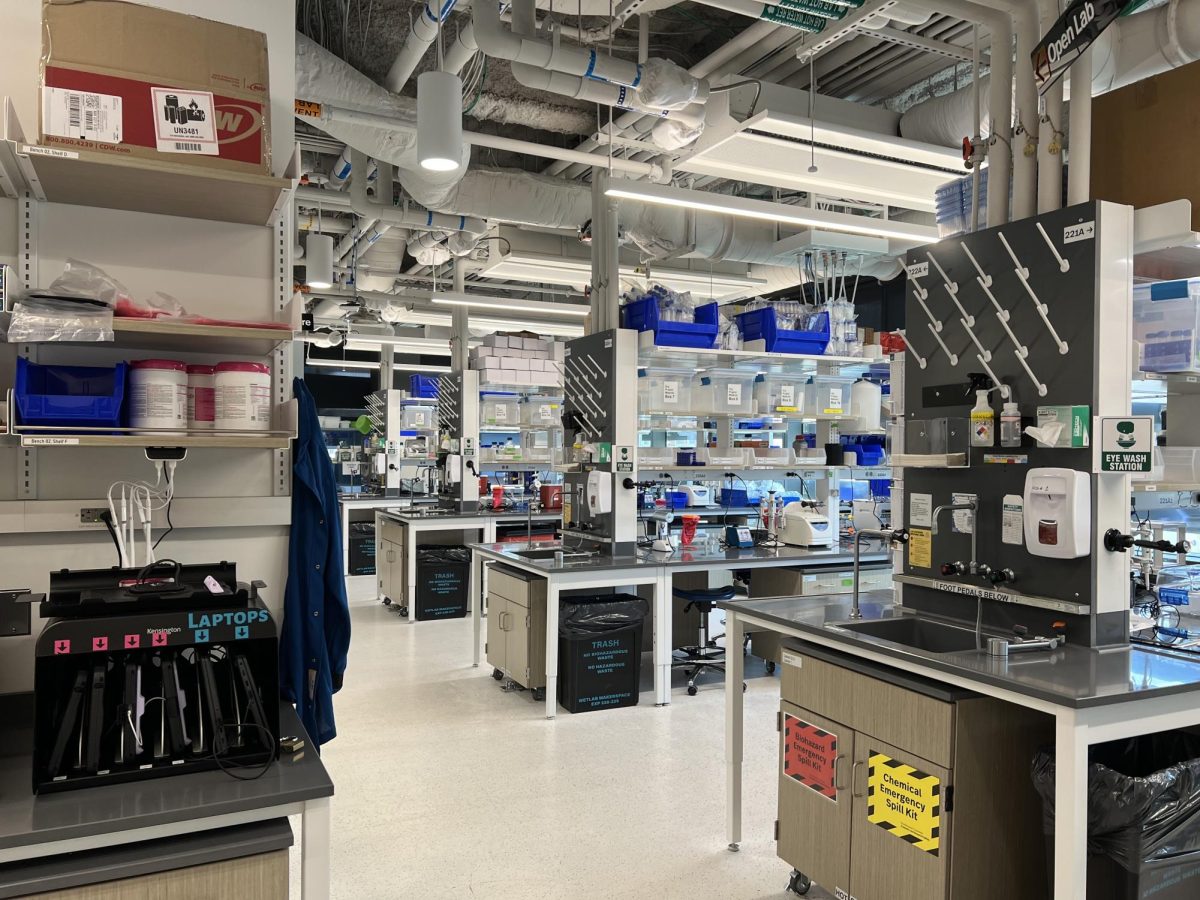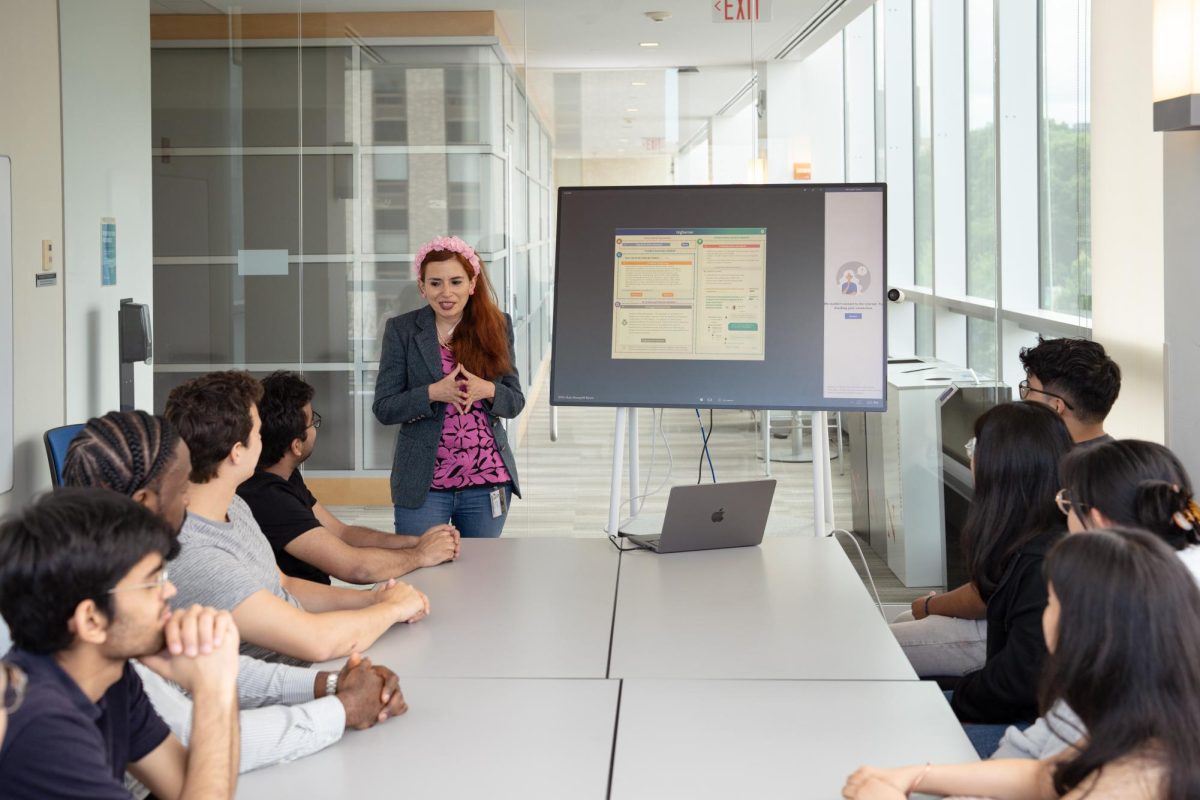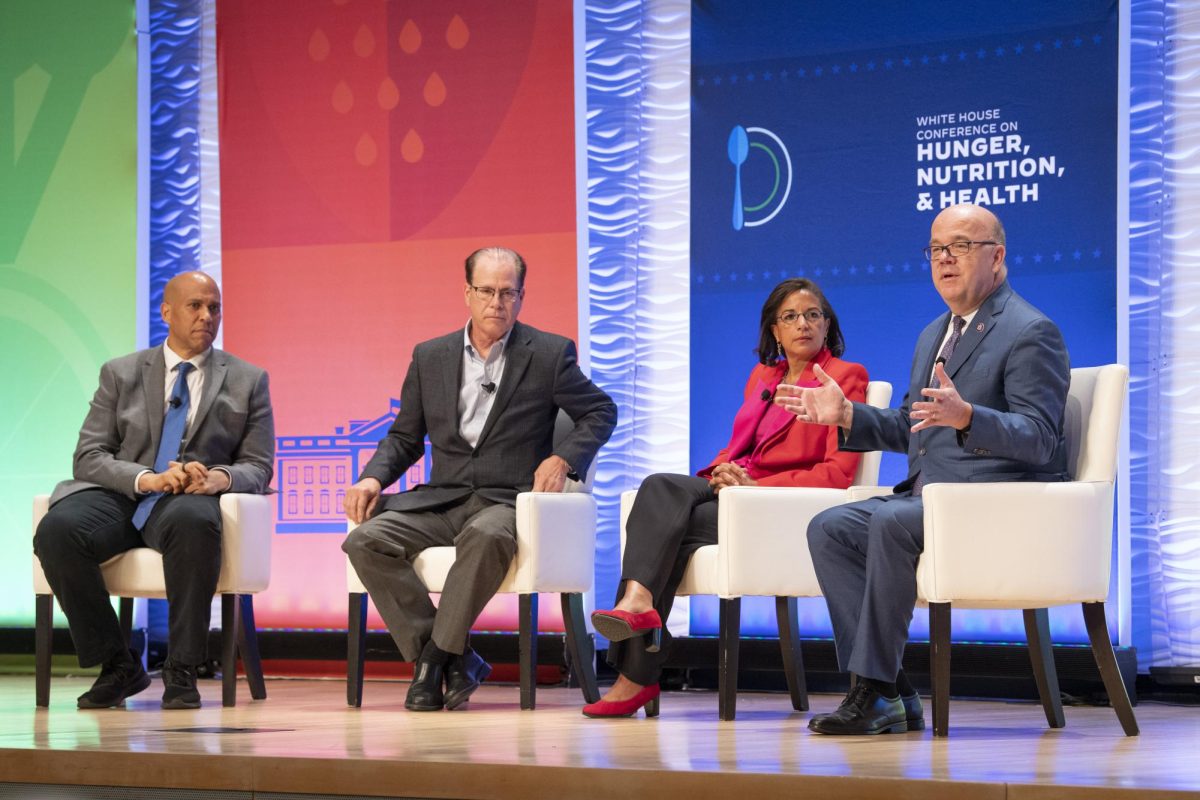By Jillian Orlando
She was riding her bike through the city when a car pulled up and a man told her to get in. Looking down she saw a gun on the seat and knew in her heart that she was in danger.
She was a 22-year-old college student at Southeastern University, who knew what it was like to be victimized. She lost her virginity at the age of 14 to a 35-year-old man while she was under the influence of alcohol, after which she said her life continued to spiral out of control.
She tried to overcome the despair she felt with other sexual partners and other addictions, always blaming herself and not knowing what to do, but on this day she knew how to save … to run away.
“I’d rather be shot in the back running from this guy than get in the car with him,” said Maggie West, a writer, filmmaker and sexual assault victim who was the keynote speaker at Northeastern University’s 3rd Annual Take Back The Night in Krentzman Quadrangle last Thursday.
The event was organized by Northeastern’s Delta Phi Epsilon sorority.
Adrianna Cecchimi, chair of Take Back The Night and a Delta Phi Epsilon member, said that it is important to have male students at the event because it is an issue that affects both men and women.
“We appeal to the men in the sense that it could affect a woman in their life like their girlfriend, sister or mother,” Cecchimi said. “By men being present, women are able to feel that men are taking a stand against this and that they don’t condone violence against women.”
To stress the importance of male involvement in stopping sexual violence against women, many men in attendance took an oath led by the Student Government Association’s Executive Vice President of Student Affairs Michael Romano. The Male Pledge of Peace said: “I pledge to never commit, condone or remain silent about men’s violence against women. I will respect, listen to, seek equality and share power with the women in my life.”
Mother’s Day cards with the pledge written inside were distributed to all throughout the evening. Judging by the number of Mother’s Day cards given out Thursday night, Cecchimi estimates that there were approximately 80 men in attendance.
West shared stories of her own personal life struggles, difficult decisions and sexual assault. She revealed painful stories to a freezing crowd huddled in the corner of Krentzman Quadrangle to promote awareness, understanding and prevention of sexual assault.
Take Back The Night is held on many campuses throughout the nation to provide support for sexual assault victims and hope for a safer tomorrow. According to West, one in three women are victims of sexual assault in their lifetime, and “Women on college campuses are the least likely to report sexual assault.”
One of the main reasons West cited for silence about sexual assault is that young college women starting a new life in a new place fear they will be ostracized for reporting such a crime.
“Its mandatory that we open up the secrets about sexual assault,” West said, and she offered stories from her past as well as advice about how to respond if approached and how to break the silence if victimized.
“Our job today is to figure out what we can do to make Northeastern safer,” she said. “Women are never to blame for sexual assault no matter what the circumstances are.”
Some ways of improving campus safety that were mentioned Thursday night included staying in well lit areas and improving lighting on campus, using the 24-hour escort service when walking across campus and programming 911 in one’s cell phone for emergencies.
West also stressed the importance of being aware of one’s surroundings and trusting one’s instincts. She suggested running away, going to a call box, avoiding insulting the assailant and trying to talk the attacker into dropping any weapons he may have.
“You don’t have to apologize for things like that – the most important thing is that you stay safe,” West said.
Some dating tips she offered included meeting in public places for the first few dates with someone new, telling friends where you will be and knowing personal sexual limitations beforehand so that a situation will not get worse.
West said that one of the most important tools for survival is trusting personal instincts and knowing what to do to make split second life-changing decisions, as she had done years earlier as a young college student when approached by a man in a car.
Throughout the evening information was distributed by the AIDS Action Committee, Boston Area Rape Crisis Center, Mentors in Violence Prevention, NU Public Safety, NU Counseling Center and NUBiLAGA.
– News Staff writer Alyson St. Amand contributed to this report.








